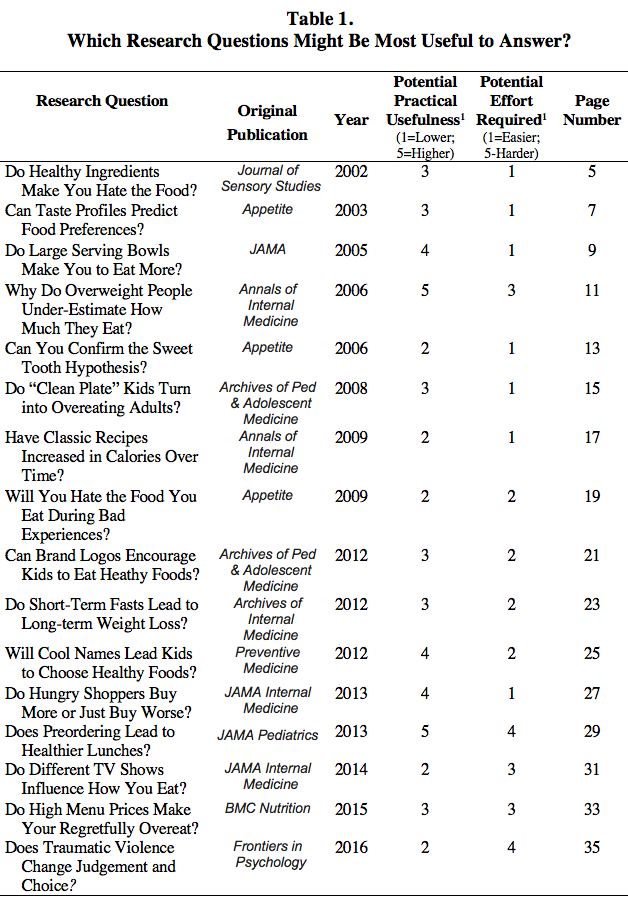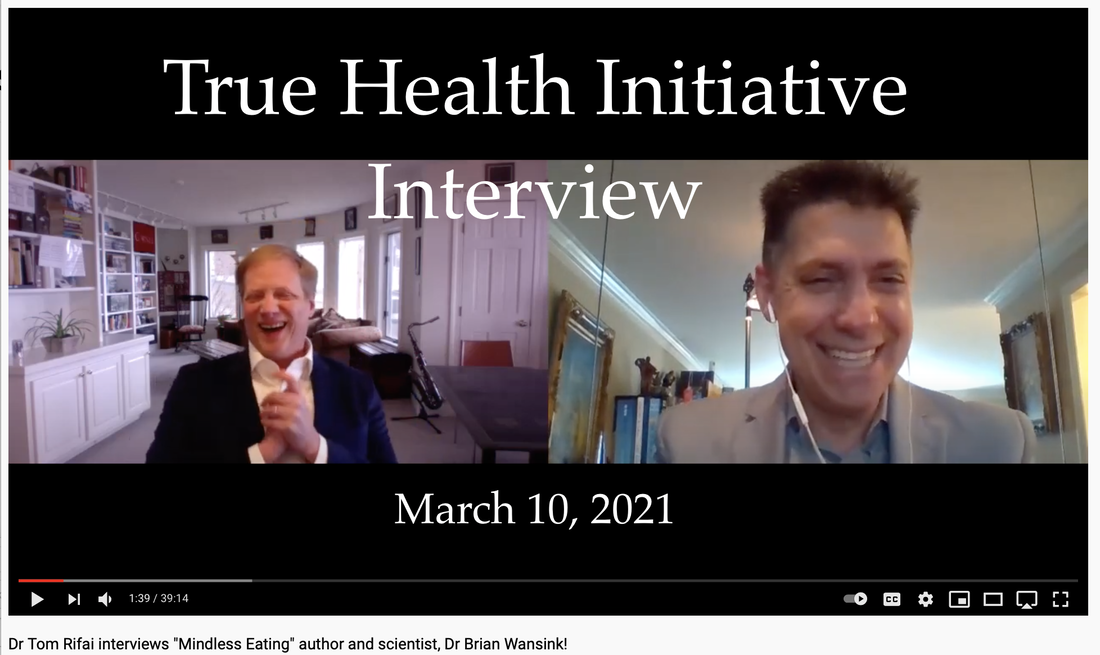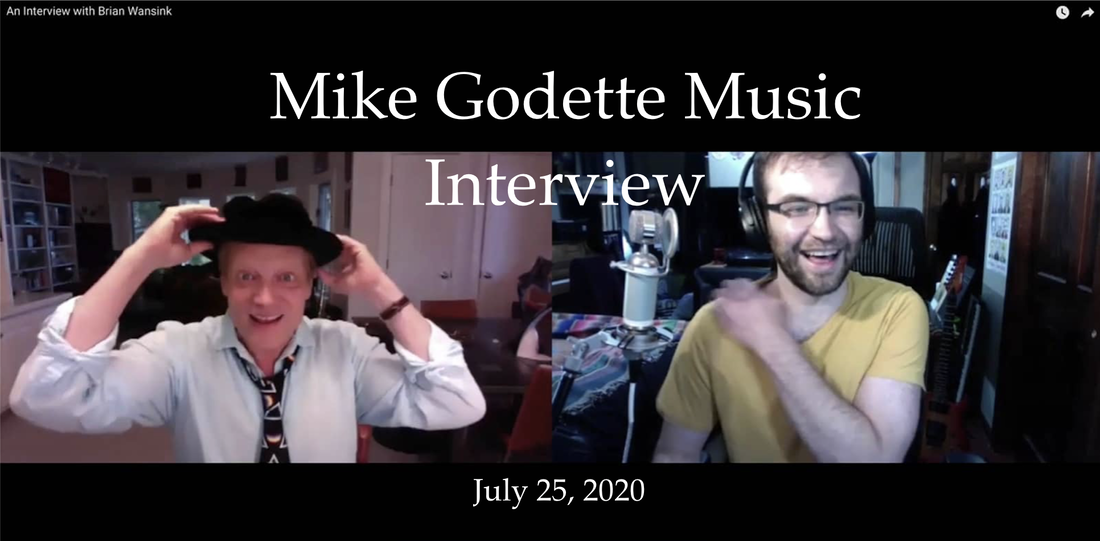|
[Note: This post was originally done for my "Academics Only" blog, but I also think it's important enough to post here, even though it's a departure from my usual posts on this page.] In 2017-19, about 18 of my research articles were retracted. These retractions offer some useful lessons to scholars, and they also offer some useful next steps to those who want to publish in the social sciences. Two of these steps include 1) Choose a publishable topic, and 2) have a rough mental roadmap of what the finished paper might look. That is, what’s the positioning, the study, and the possible contribution. The topics I’ve described here offer one set of roadmaps that could be useful. First, they were of interest to journals in medicine, behavioral economics, marketing, nutrition, psychology, health, and consumer behavior. Second, they each show what a finished paper might look like. They show the positioning, relevant background research, methodological tips, and key implications. I find all of these topics super interesting and of practical importance. This document provides a two-page template for each one that shows 1) An overview why it was done, 2) the abstract (or a summary if there was no abstract), 3) the reason it was retracted, 4) how it could be done differently, and 5) promising new research opportunities on the topic.
In this document, I lay out an estimate of how much effort it might take to do studies on these topics, and I’ve also estimated what I think the practical impact each research project might have. These are my own subjective estimates, but you might find them a useful starting point if you’re looking for a tie-breaker between two different topics. I would strongly encourage anyone who’s interested in publishing in these areas to closely follow principles of open science, from preregistration of hypotheses and analytic strategies to open materials and open data. Making specific hypotheses and testing them by following open science principles will be the best next way forward. A good introduction to these principles, along with hands-on advice, is this: Klein, O., Hardwicke, T. E., Aust, F., Breuer, J., Danielsson, H., Hofelich Mohr, A., … Frank, M. C. (2018). A practical guide for transparency in psychological science. Collabra: Psychology, 4(1), 20. DOI: http://doi.org/10.1525/collabra.158 Academia can be a tremendously rewarding career both you and for the people who benefit from you research. Best wishes in moving topics like these forward, and best wishes on a great career. Comments are closed.
|
Welcome!Here are some tips, tricks, and secrets on how you and your family can eat to be healthier and happier. They're based on over 30 years of our published research.
Fun InterviewsMost Visited Last Month• For You
• Smarter Lunchrooms • The X'Plozionz Band • Help your family • Kitchen Scorecard • Retracted papers • Grocery secrets • Do kids inherit taste? • Be healthier at work • How not to retire • Estimating calories • Restaurant Secrets • Syllabus template Top 2024 Downloads• Kitchen Makeover
• Smarter Lunchrooms • Smarter Lunchroom Scorecard • Grocery Shopping Hacks • Restaurant Secrets • Write a Useful Syllabus • Workplace Wellness Tips • Healthy Profitable Menus Categories
All
|
||||||||






 RSS Feed
RSS Feed